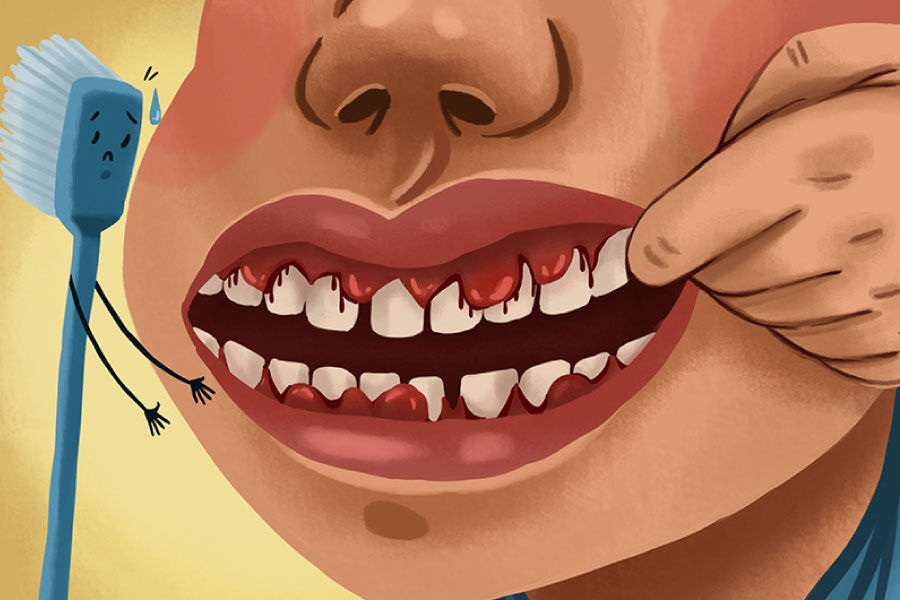What is bedrotting, and is it healthy?
- Maya Adam
- Jun 20, 2025
- 3 min read

If you're on TikTok, I think you've heard or come across the term “bedrotting.” In reality, bedrotting reflects an emerging trend that has become especially popular among young people. To define bedrotting, it signifies an extended period of lying in bed doing passive activities (e.g., scrolling on social media). To better understand “bedrotting,” it's important to consider another mental factor: burnout.
Burnout is a form of extreme exhaustion that is caused by feeling overwhelmed with responsibilities. Often, when people are over-exhausted, they forget to take care of themselves and fall into “burnout.” One of the most common causes of burnout comes from jobs/employment, but for young people, this can be school. It's important to acknowledge that burnout is not the same as stress, as stress is a result of too much physical and mental stress, which can lead to feeling overwhelmed; in contrast, burnout is feeling completely used up and depressed. In addition, burnout often reflects very similarly to depression, although the difference is that burnout can ease with rest and time, while depression is a medical illness. Burnout is something that develops over time, so to avoid it, take time to reflect on your mental state, especially when completing hard tasks. Through seeking effective ways to manage stress, finding social activities to balance out work/school, effectively exercising, and keeping a healthy diet can minimize the risk of burnout. Though to treat burnout, it can be done through getting more sleep, trying relaxing activities, finding support, and being mindful.
It is necessary to understand burnout because this is often the main cause of bedrotting. Though bedrotting can be proven helpful short term, it can become concerning when done for long periods of time.
Its true that bedrotting can be beneficial if done in moderation and in a healthy way. This means setting time limits to help with management and trying activities such as reading or journaling. This can help with temporary relief from stress if it is not used as a habit. Contrary to popular belief, it's okay to not produce all the time, and bed longing is a recognized form of relaxation. It should be normalized that people can lie around without feeling some sort of guilt if they are not “doing something” with their time. For some individuals, rotting for short periods of time can help manage exhaustion and allow them to recharge for the next day.
Though bed lounging can be done effectively, there are many risk factors and issues within the "bed-rotting trend”. Bedrotting can often be a sign of feeling demotivated, overwhelmed, or disconnected. It can even signal that something deeper may be going on and that someone needs help. If bedrotting becomes habitual, it can affect various different aspects of someone's life negatively. Especially being isolated for a long period can lead to depression or anxiety. Signs that are common with bedrotting are social withdrawal from friends and family, changes in food habits/sleeping patterns, and feelings of hopelessness/disinterest in activities. There are even health issues that can occur with bedrotting, such as pressure sores, gastrointestinal issues, reduced cardiovascular health, and muscle atrophy. In addition, spending extended periods in bed without sleep can mess up your sleeping habits, as your brain can make it harder for you to fall asleep.
Bedrotting truly does reflect a bigger issue and, if done regularly, should be addressed. So if you see someone "bedrotting," understand it could be more than just being physically lazy but mental health issues. There are many healthy ways to effectively “bed-lounge,” which can be seen as a positive way to “bedrot.” So if you have been “bedrotting,” try healthier methods to overcome it, and try reducing the amount of time spent “bedrotting.”
Works Cited
Brennan, Dan. “Burnout: Symptoms and Signs.” WebMD, 3 Dec. 2020, www.webmd.com/mental-health/burnout-symptoms-signs.
Hui, Alyssa. “What Is “Bed Rotting”? Gen Z’s Newest Self-Care Trend, Explained.” Health, 28 July 2023, www.health.com/what-is-bed-rotting-trend-7561395.
Sierra, Cassandra. “Bed Rotting: Understanding Its Effects on Your Health.” Heal Treatment Centers, 3 Jan. 2025, healtreatmentcenters.com/mental-health/what-is-bed-rotting-is-bed-rotting-bad-for-you/.
Assessed and Endorsed by the MedReport Medical Review Board






